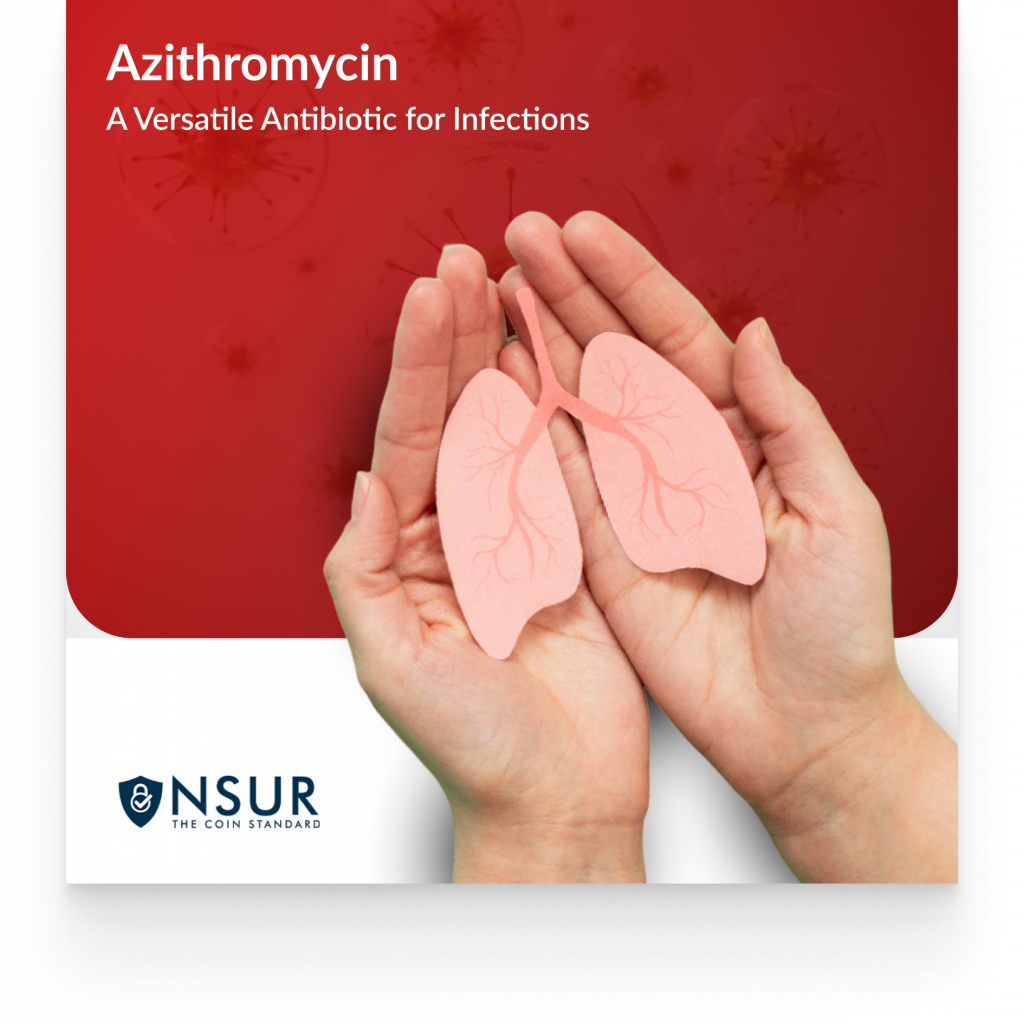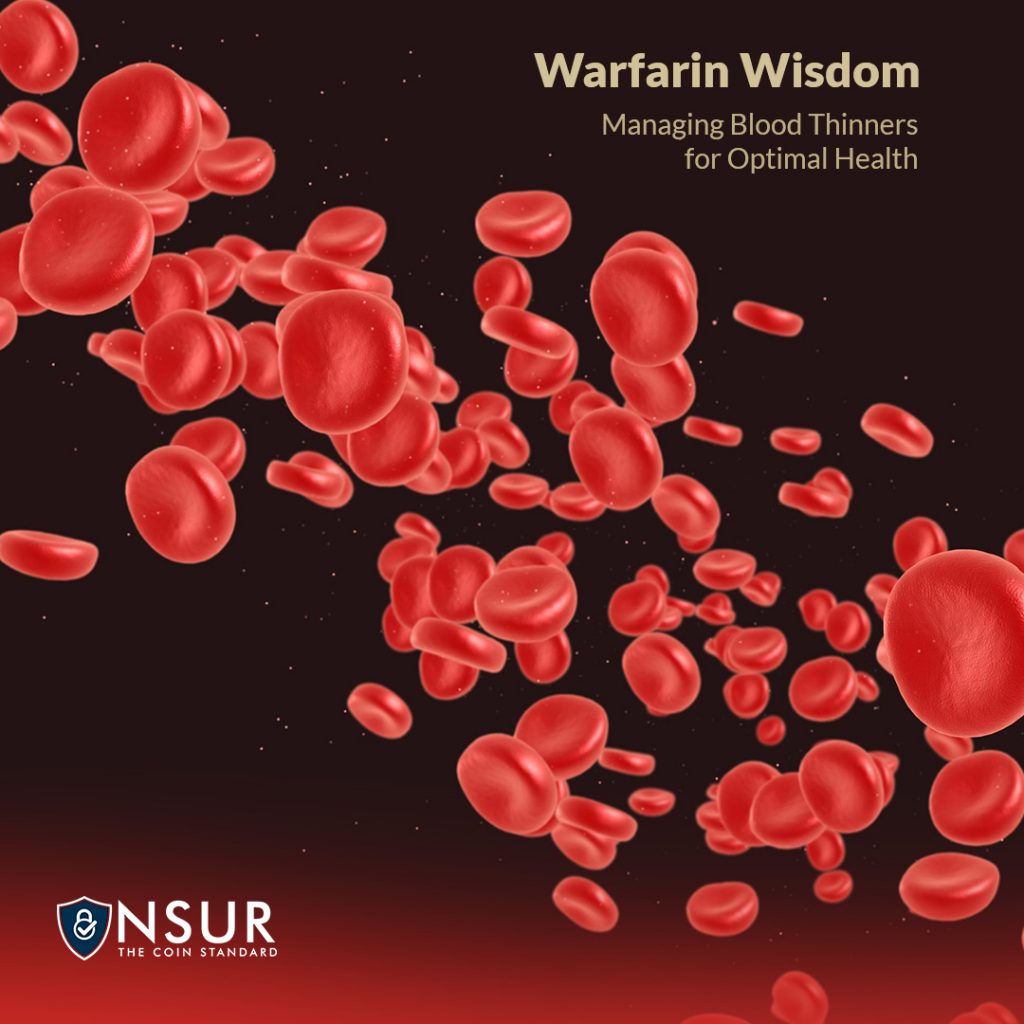
In the realm of antibiotics, azithromycin stands out as a versatile and widely used medication. Commonly known by its brand name Zithromax or the “Z-Pak,” this antibiotic has been a cornerstone in the treatment of various bacterial infections since its approval in the early 1990s. In this article, we will delve into the world of azithromycin, exploring its uses, effectiveness, and important considerations for its use.
What is Azithromycin?
Azithromycin is a broad-spectrum antibiotic belonging to the macrolide class. It is designed to fight a wide range of bacterial infections by inhibiting protein synthesis within bacteria, thereby stopping their growth. Unlike some other antibiotics, azithromycin is known for its prolonged activity in the body, allowing for shorter treatment courses, often only 3 to 5 days.
Common Uses of Azithromycin
- Respiratory Infections: Azithromycin is frequently prescribed for bacterial infections such as bronchitis, pneumonia, and sinusitis. It is particularly effective against infections caused by Streptococcus pneumoniae and Haemophilus influenzae.
- Ear and Skin Infections: It treats various skin infections and is commonly used for ear infections, especially in children.
- Sexually Transmitted Infections (STIs): Azithromycin is a key player in the treatment of STIs such as Chlamydia. A single dose can often clear the infection.
- Traveler’s Diarrhea and Other Gastrointestinal Infections: Caused by certain bacteria like Campylobacter, azithromycin is effective in treating these conditions.
Effectiveness and Advantages
One of the main advantages of azithromycin is its long half-life, allowing for shorter courses of treatment. This not only improves patient compliance but also reduces the risk of antibiotic resistance developing. Studies have shown that azithromycin is highly effective against the bacteria it targets.
Considerations and Side Effects
Like all medications, azithromycin is not without its side effects. Common ones include nausea, vomiting, diarrhea, and abdominal pain. More rarely, it can cause significant allergic reactions or changes in heart rhythm. It’s crucial to discuss your medical history with your healthcare provider before starting azithromycin, especially if you have liver problems or heart issues.
It is also important to take azithromycin exactly as prescribed. Stopping an antibiotic course early can contribute to antibiotic resistance, a growing global health concern.
Azithromycin and COVID-19
During the COVID-19 pandemic, there was significant interest in azithromycin as a potential treatment for the virus. However, as of my last update in September 2021, there was no conclusive evidence supporting its effectiveness against COVID-19. Always rely on current, evidence-based guidelines and consult healthcare professionals for the most recent information.
A Note on Antibiotic Resistance
The rise of antibiotic-resistant bacteria is a serious public health issue. Azithromycin should only be used when necessary and prescribed by a healthcare provider. Misuse and overuse of antibiotics like azithromycin can contribute to the development of resistant bacteria, making infections harder to treat.
Take advantage of NSURx for your prescription drugs!
With the NSURx Prescription Benefit Card, you can save money on your medications at more than 35,000 pharmacies across the United States.
You can save up to 80% on your medication by using an NSURx card. Hundreds of dollars in savings could be yours every time you fill out your prescription.
The more you shop with NSURx, the more NSUR Coins you will receive as a reward.
Conclusion
Azithromycin remains a valuable tool in our arsenal against bacterial infections. Its broad-spectrum activity, ease of use, and effectiveness make it a go-to antibiotic for many healthcare providers. However, it’s important to use azithromycin responsibly and only under the guidance of a medical professional. By doing so, we can help ensure that it remains effective for years to come.
Disclaimer
This blog post is intended for informational purposes only and should not be considered a substitute for professional medical advice. Always consult with a qualified healthcare provider for personalized recommendations and guidance.











